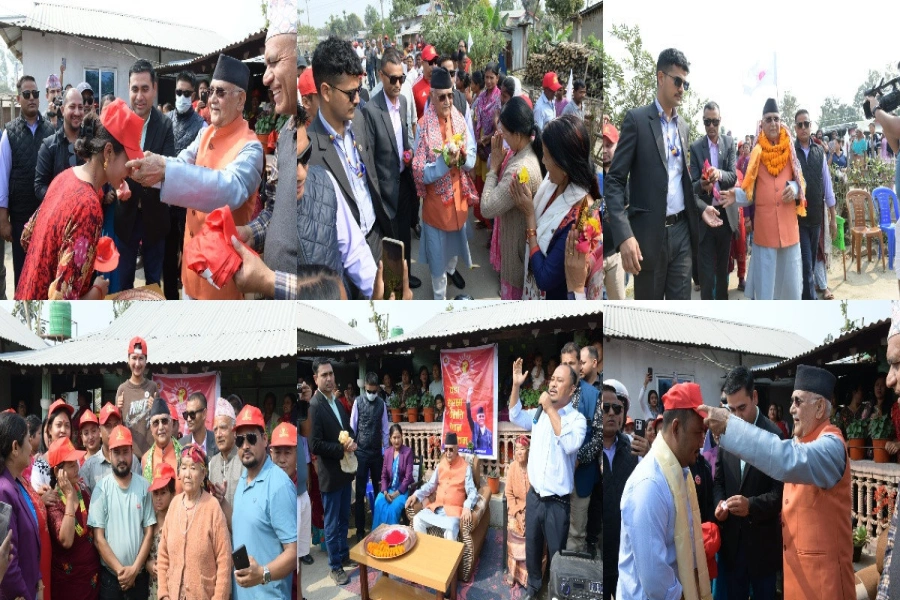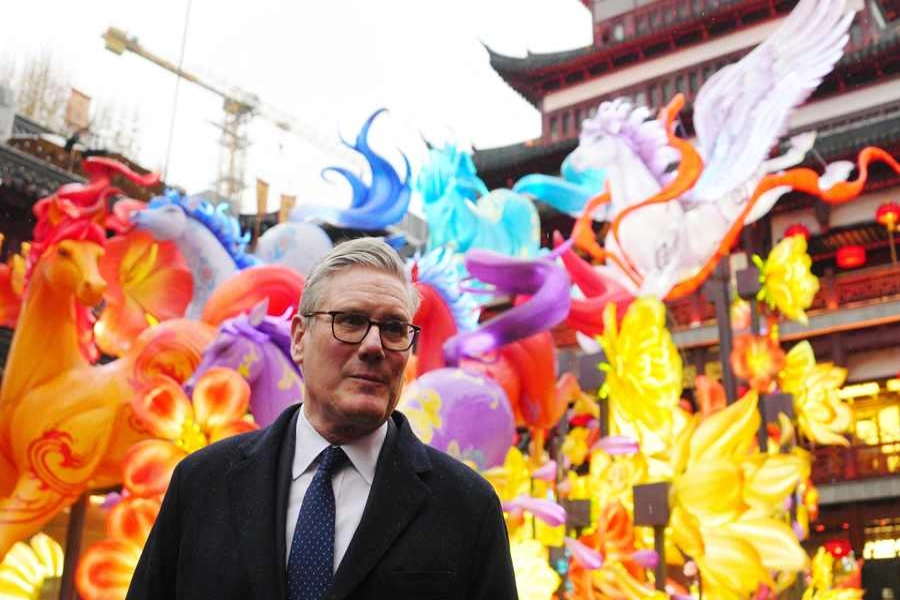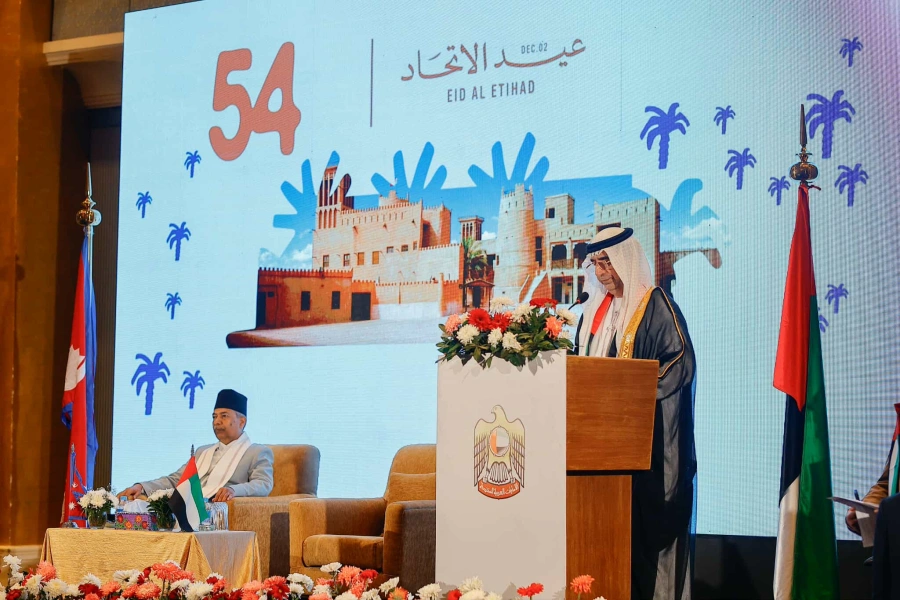As two democracies, Turkey and Nepal always extend solidarity and display support to each other as and when needed
Nepal and Turkey are two countries separated by thousands of kilometers distance but Nepalis and Turks are the two nations tied to each other with bonds of friendship, solidarity, culture and history.
As Ambassador of Turkey to Nepal, I was privileged to visit this beautiful land of Himalayas to present my credentials to President Bidhya Devi Bhandari last year. I still keep the fond memories of my meeting with Prime Minister KP Oli, who opened the doors of his house in the outskirts of Kathmandu when he and his party were still in opposition. I benefited a lot from the views of Oli, a great statesman serving his country for decades. I have to confess that there are few Prime Ministers or Presidents like Oli who can well read the developments in Turkey’s immediate neighborhood.
Russia tasks Hollywood actor Seagal with improving U.S. ties

As two democracies, Turkey and Nepal always extend solidarity and display support to each other as and when needed. Turkey was the first country to send its rescue and disaster management teams of humanitarian assistance with the first international flight landing in Kathmandu airport after the devastating earthquakes of 2015. In his previous capacity when we first met, Speaker of the Parliament Krishna Bahadur Mahara told me that he personally witnessed Turkish aid workers in the villages he visited few hours after the earthquake.
Today, it is Turkish Airlines, the only airline making the road shorter between Nepalis at home and their beloved ones in the Western countries, daily. Turkey is the fifth major destination for Nepali exports. Every year a number of Nepali students enjoy university scholarships in Turkey. Nepali labors contribute to the major infrastructure investments in Turkey such as the biggest airport of Europe which will become operational by October.
On 24 June, Turkey experienced both parliamentary and presidential elections on the same day, for the first time in its seven decades-long multiparty democracy. Both elections were held in line with the amended constitution, the product of a referendum of April 2017. The new system which carries Turkey from a parliamentary democracy to a presidential one also draws borders between three pillars of democracy while making checks and balances more operational.
Recep Tayyip Erdoğan was reelected as President in the first round obtaining 52.5 percent of votes, 20 percent higher than his rival candidate’s. The voter turnout was recorded at more than 87 percent. Those who went to the ballots will have their voice reflected by 98 percent in the new parliament. Women MPs constitute 17 percent of the assembly, again the highest in Turkey’s history.
As our Nepali friends know very well, it is not easy to obtain democracy and to fully enjoy it. Turks have paid high price for the democracy they enjoy today. Two years ago, on 15 July, terrorists who hid themselves within the Turkish Armed Forces for the last three decades, in their uniforms, bombed the Parliament, the Presidential compound and the barracks of the security forces. Using tanks, F-16 fighters and helicopters of the nation, they cold-bloodedly murdered 251 people and wounded more than 2000, mostly civilians who tried to stop them in the streets. This failed coup attempt on Turkish democracy was orchestrated from foreign land, where from the perpetrators were receiving their orders. Hard evidence indicated that it was a primary school graduate cleric, living in self-exile. His terrorist organization, FETO, is found to have been operational in more than 170 countries, including in Nepal, for years under the disguise of charity work, education, trade and commercial activities.
Today, on 15 July, the nation will remember those who fell while defending the Turkish democracy.
The author is Ambassador of Turkey to Nepal







































